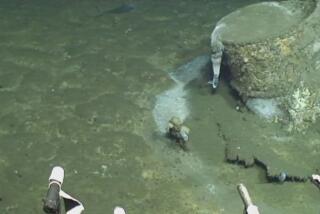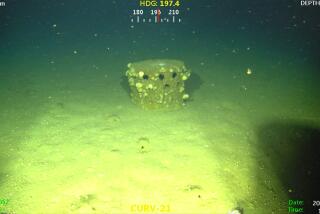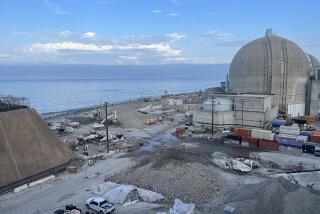ENVIRONMENT WATCH : Cold War Cleanup
- Share via
The Cold War superpowers never dropped nuclear bombs on each other, but both sides are, in a sense, recovering from nuclear war, for the manufacture of two huge arsenals of bombs has left both in possession of huge quantities of deadly plutonium. The Waste Isolation Pilot Project, near Carlsbad, N.M., was to have been--and may yet be--the Department of Energy’s answer to the U.S. plutonium problem. WIPP, as it is called, is a set of vast underground storage chambers carved out of ancient salt deposits at a cost of $1 billion and intended for the permanent storage of plutonium from U.S. weapons plants.
On Jan. 31, however, U.S. District Judge John Garrett Penn issued a permanent injunction barring the department from putting the repository into service. Penn determined, first, that the Department of the Interior could not transfer to the Department of Energy the land on (or beneath) which WIPP is situated without congressional approval and, second, that under the Resource Conservation and Recovery Act the DOE would also need approval from New Mexico, which has strenuously opposed the repository.
Whether or not WIPP can be saved, Judge Penn has made a wise decision. This phase of our recovery from the Cold War cannot be handled behind closed doors as a purely administrative matter. Now that the challenge is so clearly domestic safety rather than national security, it is not just appropriate but essential that Congress and affected state governments share the responsibility for disposing of this dangerous material.
More to Read
Sign up for Essential California
The most important California stories and recommendations in your inbox every morning.
You may occasionally receive promotional content from the Los Angeles Times.













